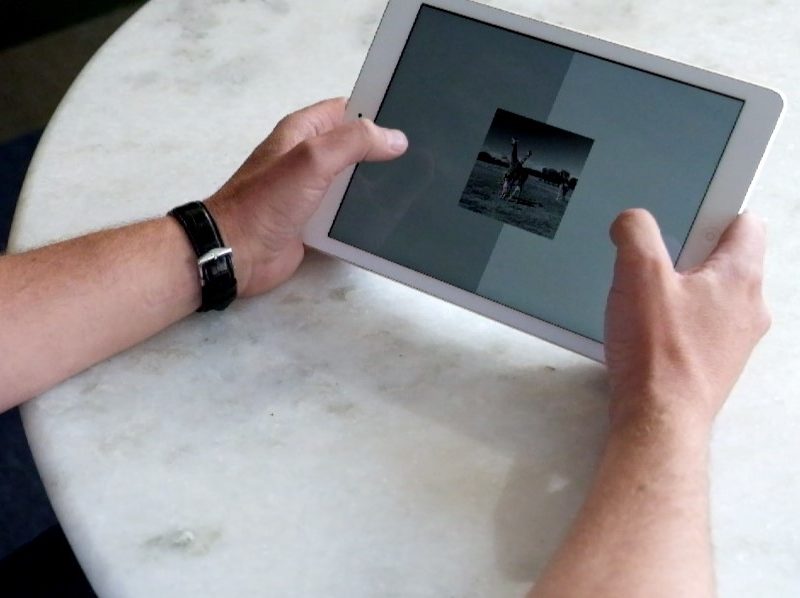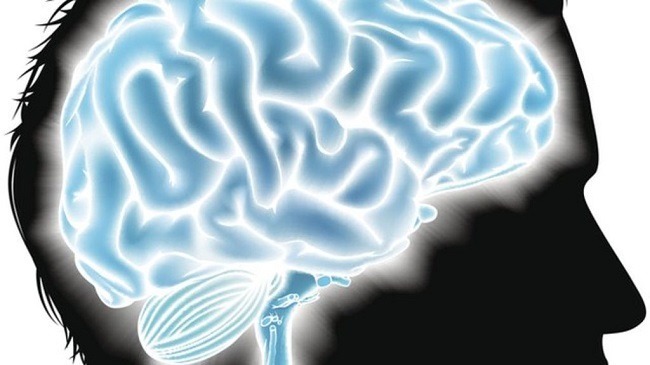Posts Tagged ‘NHS’
Virtual cognitive behavioural therapy (CBT) accounts for over 30% of NHS mental health treatments — up from 10% in 2017
Concern as a third of NHS mental health treatments shift online (The Guardian): An Observer analysis of data from private providers, cross-checked against NHS figures, reveals around one in three mental health treatments in England are delivered online, up from one in five in 2019, and one in 10 in 2017. Patients with mild to…
Read MoreThe National Health Service (NHS) in England to roll-out nine online cognitive-behavioural therapies (CBT) for adults with anxiety or depression
Online depression therapy given go-ahead in England (BBC News): Nine online talking-therapy treatments for anxiety or depression have been given the green light to be used by the NHS in England.
Read MoreStudy: Self-guided sleep app Sleepio, combined with standard care for depression and anxiety, delivers better outcomes than standard care alone
Study backs benefit of insomnia DTx Sleepio on mental health (pharmaphorum): The study – published in the journal Behaviour Research and Therapy – tested the Sleepio app developed by digital health specialist Big Health as an add-on to standard NHS care for anxiety and depression under the improving access to psychological therapies (IAPT) policy. Patients…
Read MoreThe Good, the Bad and the Ugly of Applied Neuroscience and Neurotechnology
After a very busy month, it’s time now for SharpBrains e‑newsletter to summarize the latest initiatives, tools and ideas for lifelong brain health and mental fitness — and to share a few puzzles and illusions to tease your brain. ? A growing number of classrooms in China are equipped with artificial-intelligence cameras and brain-wave trackers. Video:…
Read MoreThe National Health Service (NHS) in the UK considers adding a 5‑minute cognitive test to its annual health check-up
__________ Using AI assessment to tackle dementia in ultra-early stages (Digital Health): “Dementia and Alzheimer’s disease continue to increase and remain the leading cause of death in England and Wales, accounting for 12.8% of all deaths registered in 2018
Read MoreNHS Choices helps improve brain health and science literacy by reporting findings in context — as seen in this brain training & schizophrenia example
___ Video game-based ‘brain training’ may help people with schizophrenia (NHS Choices): “People with schizophrenia can be trained by playing a video game to control the part of the brain linked to verbal hallucinations,” BBC News reports
Read More




